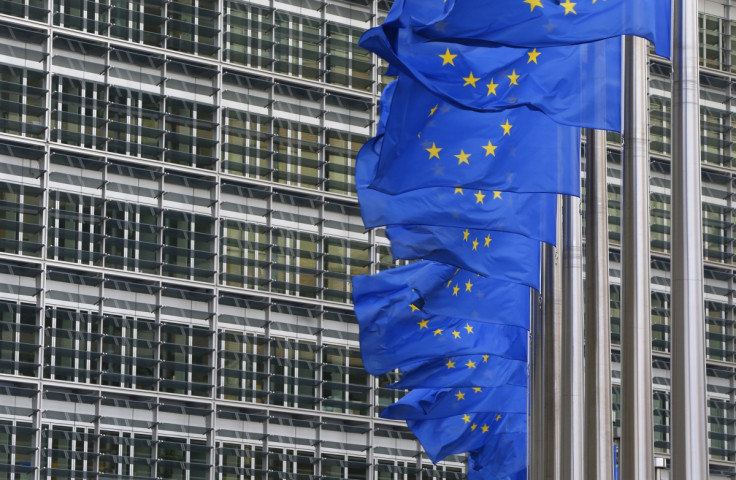Five Economic Reasons You Should Care About the EU Elections

The European Union elections weren't greeted with a sense of enthusiasm the last time they were held in 2009, but as the parties gear up for the vote, we take a look at the top economic reasons why you should go out and vote.
The EU has the regulatory power to cripple London as a financial hub.
The Financial Transaction Tax, AKA Tobin tax, could endanger London's dominance as the financial hub of Europe. Britain challenged the EU against plans to introduce what Boris Johnson called a "barmy tax", saying that the new taxes could drive businesses out of London, and out of the EU altogether as they look for a place to avoid taxes on financial transactions. Although on paper it looks to be for a good cause, critics argue that, as a result, fewer financial transactions will take place, ultimately ending in a loss of jobs. Hmmm ... it's alright for UK tax payers to throw billions at banks after they screwed up, but ask them for any of it back in taxes ... well that's another story. In any case, all the major UK political parties disagree with FTT. One way around it would be to leave the EU altogether.
The cost of energy
Energy prices was the avenue by which Labour's most successfully wrestled the political agenda from the Tories and it has been a frequent area of discussion in the run up to the EU elections. Labour supports the idea of a single entity for the energy market, which could tackle climate change, putatively reduce costs, and cut reliance on the Middle East and Eastern Europe. Miliband's clan say that the Conservatives have failed us in that regard, costing us jobs and money. Ukip, in typically controversial fashion, say that they will "scrap all green taxes and wind turbine subsidies", whatever the environmentalists may say.
Immigration?
A lot has been said about the ever expanding gap between the economies of northern and southern Europe. When the EU grew in 2004, opening its arms to 10 new states, mainly from the poorer, eastern side of Europe, the doors of Britain were opened. Last year, 209,000 EU nationals came to the UK in search of a better lifestyle. Is this good? Ukip doesn't think so. It plans to partially close the doors, only letting skilled migrants enter, and also pulling us out of the EU at the same time. Perhaps we should remember that movement of labour, just like movement of capital, is the sine qu non of a successful global economy.
Common Agricultural Policy: waste not, want not
CAP accounts for over 40% of the EU's budget, making it its largest single policy. The main aim of the CAP is to increase agricultural productivity and thus stabilise markets. However, the EU has a history of waste in this regard: among its most enduring achievements were its wine lakes and butter mountains. The Green Party disagrees with CAP, saying "we believe that protection of the environment and future food security should be prioritised at European level". Labour on the other hand says "we welcome greater transparency on agriculture spending". Interestingly, CAP also formed a cornerstone of Scotland's independence rally, with agriculturalists stating that an independent Scotland would qualify for far more in development grants and subsidies from EU than Westminster does.
The Transatlantic Trade and Investment Partnership
The blessed Transatlantic Trade and Investment Partnership has been hitting the headlines recently. The TTIP aims to break down obstacles "by making it easier for companies to comply with both American and European laws at the same time," says the European Commission. We are piped the party line that consumers will benefit since "freer trade leads to lower prices for consumers through the elimination of tariff and non-tariff barriers". However, as Danae Kyriakopoulou, an economist at CEBR, told IBTimes UK, it does leave the government susceptible to lawsuits if they interfere in business. TTIP corporatocracy can be compared to the global trade war that takes place under the guise of multi-national companies' tax privileges - there are always going to be winners and losers.
© Copyright IBTimes 2025. All rights reserved.






















